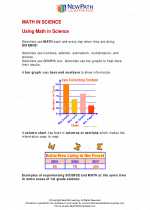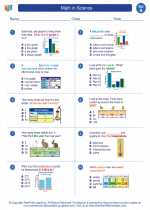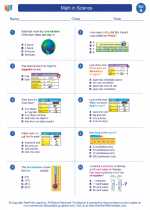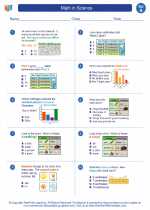Pathology Study Guide
Welcome to the study guide for pathology! Pathology is the study of diseases, their causes, processes, development, and consequences. It is a vital field in understanding and treating various medical conditions. Here's a breakdown of key concepts to help you understand pathology:
Causes of Disease
- Genetic Factors: Some diseases are inherited from our parents through our genes.
- Environmental Factors: Exposure to certain chemicals, radiation, or pollutants can lead to the development of diseases.
- Infectious Agents: Pathogens such as bacteria, viruses, and parasites can cause infectious diseases.
- Lifestyle Choices: Poor diet, lack of exercise, and habits such as smoking can contribute to the development of diseases.
Processes of Disease
- Inflammation: The body's response to injury, infection, or irritation, often characterized by redness, swelling, heat, and pain.
- Cellular Injury: Damage to cells due to various factors, leading to functional and structural changes.
- Immune Response: The body's defense mechanism against foreign substances and pathogens, which can also lead to autoimmune diseases.
- Tissue Repair: The body's ability to heal and regenerate damaged tissues.
Types of Diseases
- Neoplastic Diseases: Diseases involving abnormal growth of cells, such as cancer.
- Metabolic Diseases: Conditions affecting the body's metabolism, such as diabetes and thyroid disorders.
- Degenerative Diseases: Diseases characterized by progressive deterioration of body functions and structures, such as Alzheimer's disease and osteoarthritis.
- Infectious Diseases: Diseases caused by pathogens, including bacterial, viral, and fungal infections.
Consequences of Disease
- Organ Dysfunction: Diseases can impair the normal function of organs, leading to symptoms and complications.
- Complications: Some diseases can lead to secondary complications, affecting multiple organ systems.
- Prognosis: The likely course and outcome of a disease, which can vary based on various factors.
- Treatment and Management: Strategies to control, alleviate, or cure diseases, including medication, surgery, and lifestyle modifications.
Understanding pathology is crucial for healthcare professionals to diagnose, treat, and prevent diseases. It also plays a significant role in medical research and the development of new therapies. Good luck with your studies!
.◂Science Worksheets and Study Guides First Grade. Math in Science
Study Guide Math in Science - 1st grade level
Math in Science - 1st grade level  Worksheet/Answer key
Worksheet/Answer key Math in Science - 1st grade level
Math in Science - 1st grade level  Worksheet/Answer key
Worksheet/Answer key Math in Science - 1st grade level
Math in Science - 1st grade level  Worksheet/Answer key
Worksheet/Answer key Math in Science - 1st grade level
Math in Science - 1st grade level 

 Worksheet/Answer key
Worksheet/Answer key
 Worksheet/Answer key
Worksheet/Answer key
 Worksheet/Answer key
Worksheet/Answer key

The resources above cover the following skills:
EARTH AND SPACE SCIENCE
Earth’s Place in the Universe
Observe seasonal patterns of sunrise and sunset to describe the relationship between the number of hours of daylight and the time of year (e.g., more hours of daylight during summer as compared to winter).